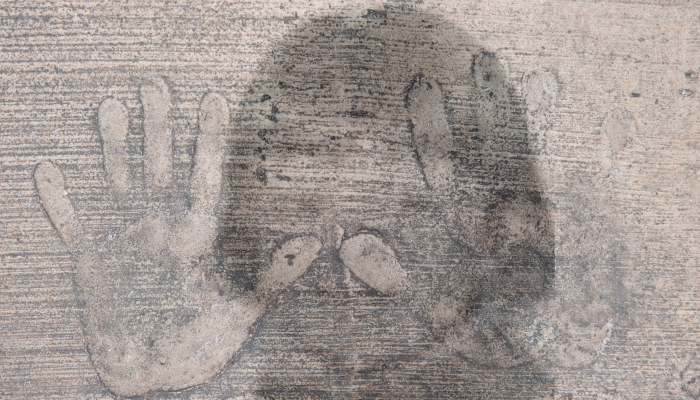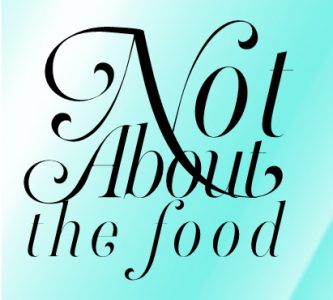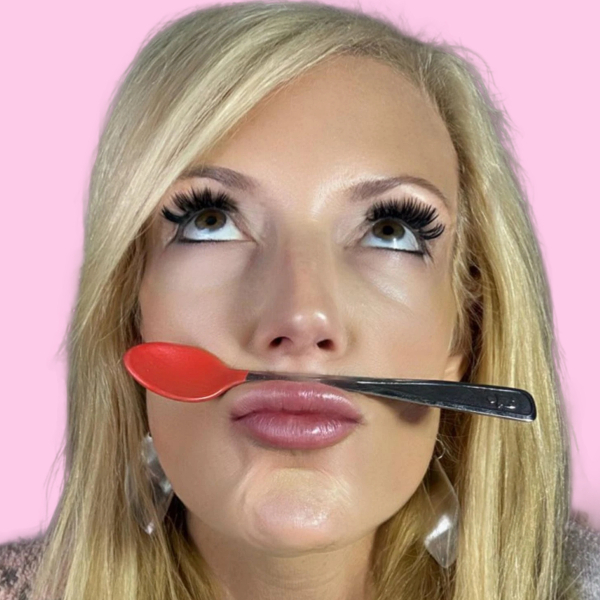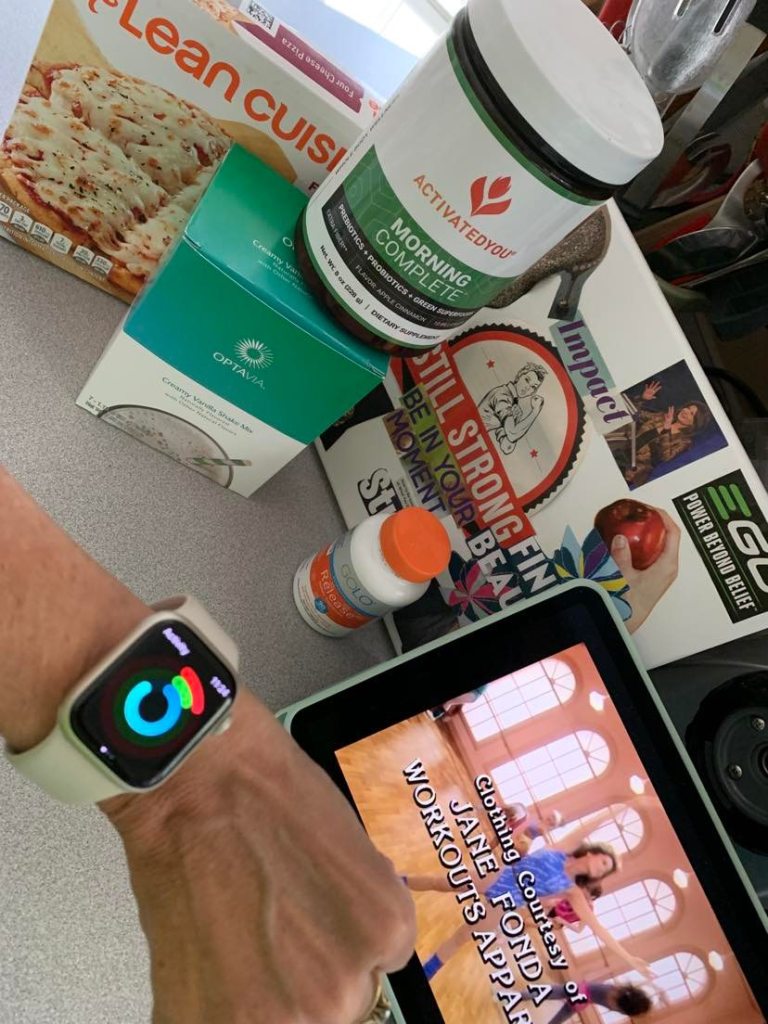Self-love and self-care are essential components of overall well-being. Often, we may not realize the impact of simple gestures, such as compliments, on our journey towards self-acceptance and self-love. In this blog post, I will delve into the best compliment I have ever received and how it played a significant role in shaping my perception of myself.
At that pivotal moment during a Facebook workshop for small businesses, hearing the words, “You look like you take care of yourself,” from a stranger was both startling and enlightening. This compliment, simple yet profound, unearthed a new perspective on self-care that I hadn’t considered before. It was the recognition from an outside observer that made me reassess my own self-view. Until that point, the concept of taking care of oneself had felt more like a checklist or a duty, rather than an expression of self-love and respect. The immediate emotional uplift I felt was undeniable – a mixture of validation, surprise, and a sudden boost in self-esteem. It highlighted the invisible yet tangible effects of self-care on one’s aura and how others perceive it. This experience underscored the deep connection between external perceptions and our internal feelings about ourselves. It was a powerful reminder of how acknowledging and nurturing our well-being radiates outwardly, inviting positive interactions and perceptions from those around us.
This pivotal encounter led me to a deeper introspection about my approach to self-care and the essence of self-love. It dawned on me that the practices I had long deemed as burdensome – the meticulous dieting and rigorous exercising – could transform into expressions of profound affection towards myself. The realization that self-care is not a punishment but a celebration of one’s existence was liberating. It became clear that nurturing one’s body and mind is an act of respect and kindness, a testament to one’s worth. This shift in mindset encouraged me to embrace a gentler, more loving approach to my well-being. Emphasizing kindness in my self-care routine not only enhanced my physical health but also fostered a healthier mental state. By prioritizing my happiness and well-being, I was honoring myself in the most fundamental way. This journey of reflection and realization highlighted the intrinsic link between self-care and self-love – an understanding that caring deeply for oneself is indeed the purest form of love.
Genuine compliments possess an extraordinary ability to uplift spirits and catalyze personal growth. They act as mirrors, reflecting the beauty and strengths we may overlook in ourselves. The compliment I received — “You look like you take care of yourself” — was more than just a set of words. It was an acknowledgment of my efforts and a recognition of my worth, something that deeply resonated within me. This unexpected affirmation served as a powerful motivator, inspiring me to continue nurturing my body and spirit with even greater dedication.
Such compliments are invaluable gifts that encourage us to view ourselves through a more compassionate and appreciative lens. They remind us of our achievements and progress, often becoming turning points in our self-love journeys. The impact of these words can be profound, sparking a chain reaction of positive change within us. It propels us to embrace our unique qualities and to carry ourselves with confidence.
Engaging in the practice of giving genuine compliments also enriches our relationships with others. By vocalizing our appreciation and admiration, we foster connections built on kindness and mutual respect. This practice not only elevates our self-esteem but also contributes to a culture of empathy and understanding, reinforcing the notion that at our core, we are all deserving of love and recognition.
The unexpected compliment I received at a workshop marked the beginning of a transformative self-discovery journey. It prompted me to reflect on how I viewed and treated myself. Previously, my perception was clouded by insecurities and a constant strive for perfection through self-imposed hardships, masking them as self-care. However, this singular instance of acknowledgment shifted my perspective towards recognizing the importance of self-affirmation. Embracing this newfound understanding, I started acknowledging my worth and efforts more openly, appreciating the small victories in my day-to-day life. It became a practice to remind myself of the dedication I had towards maintaining both my physical and mental health. This practice of self-affirmation has strengthened my relationship with myself, teaching me to celebrate my uniqueness and to extend the same compassion and kindness to myself that I would to others. It underscored the necessity of seeing oneself through a lens of love and acceptance, fundamentally changing how I approach self-care. By learning to affirm myself, I have cultivated a more loving and accepting inner dialogue, fostering a sense of peace and contentment within.
In today’s digital age, where interactions often lack the warmth of human connection, fostering a habit of giving sincere compliments is a small yet impactful act of kindness. By actively acknowledging the positives in others, we not only brighten their day but also contribute to building a more empathetic and understanding community. This practice goes beyond mere politeness; it’s about creating moments of genuine human connection that can leave lasting impressions. Sharing a thoughtful compliment can be a powerful tool in uplifting spirits, especially in times of doubt or insecurity. It’s an affirmation that someone is seen, valued, and appreciated for who they are and what they do.
Moreover, embracing this culture of positivity encourages others to do the same, creating a ripple effect of kindness. When we vocalize our appreciation for someone’s efforts, characteristics, or achievements, it not only boosts their morale but also reinforces our capacity for noticing and valuing the good in the world. It’s a mutual exchange that enhances our emotional well-being and fosters a sense of community. Thus, by prioritizing meaningful interactions and celebrating each other’s strengths, we pave the way for a more loving and supportive society. Let’s make it our mission to spread joy and affirmation, one compliment at a time.










